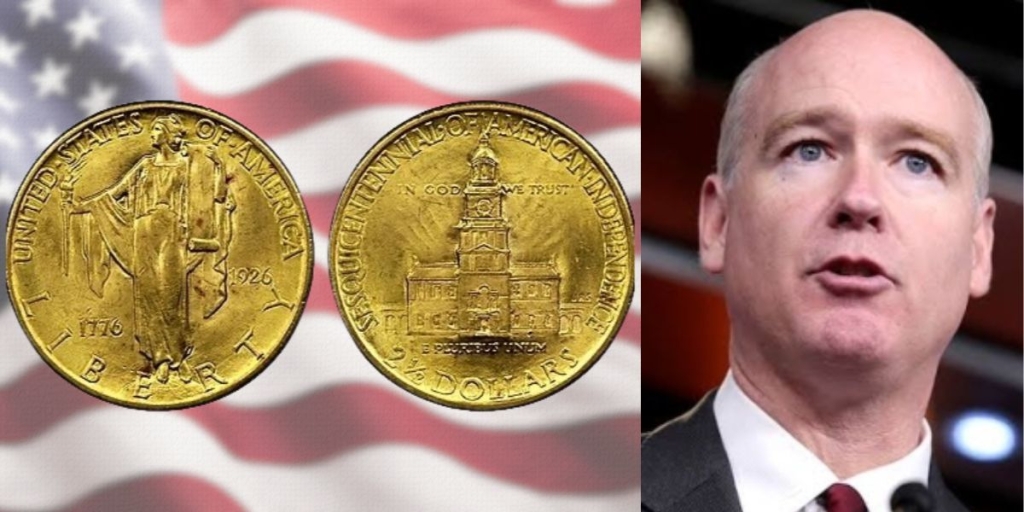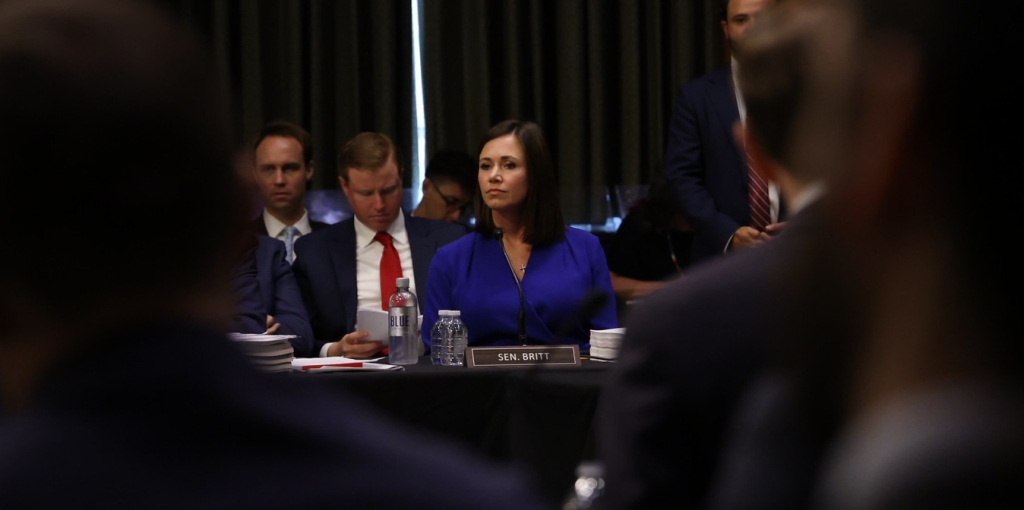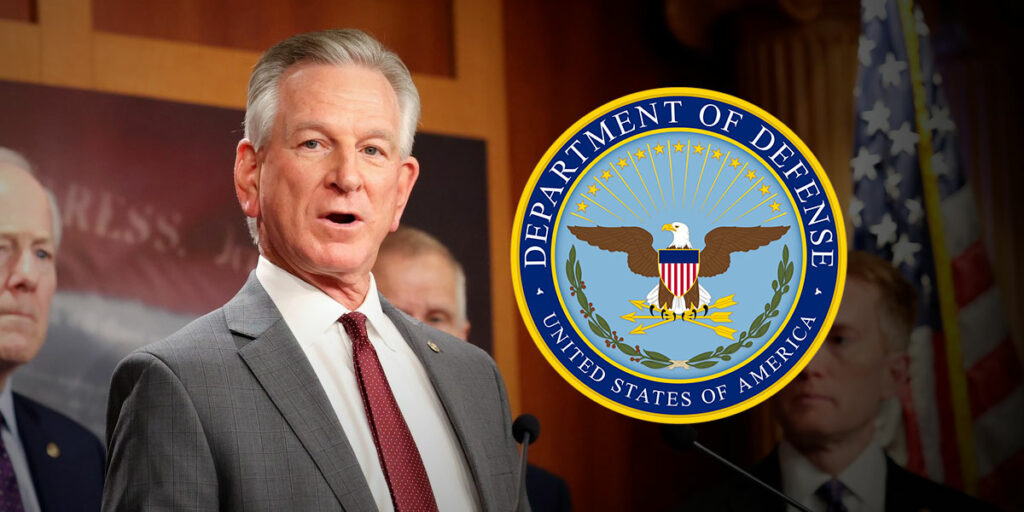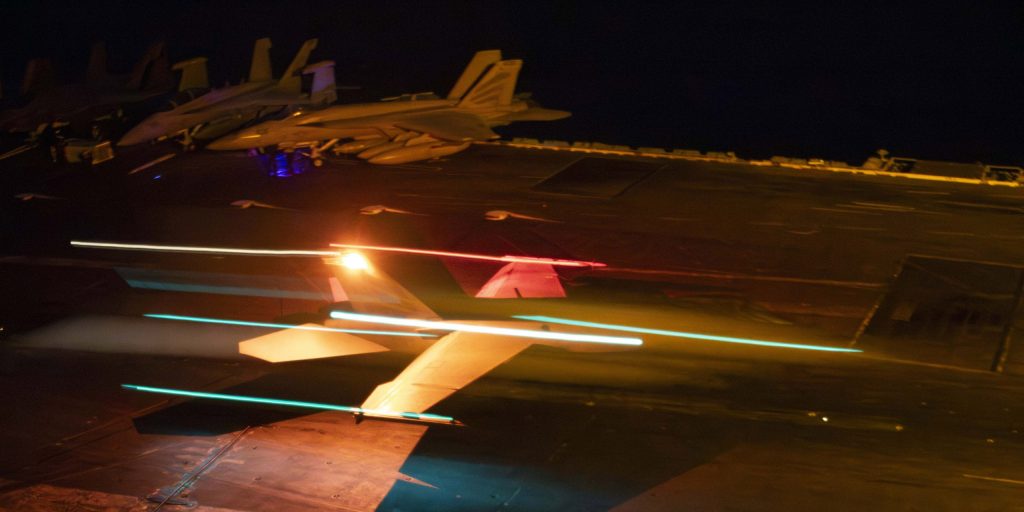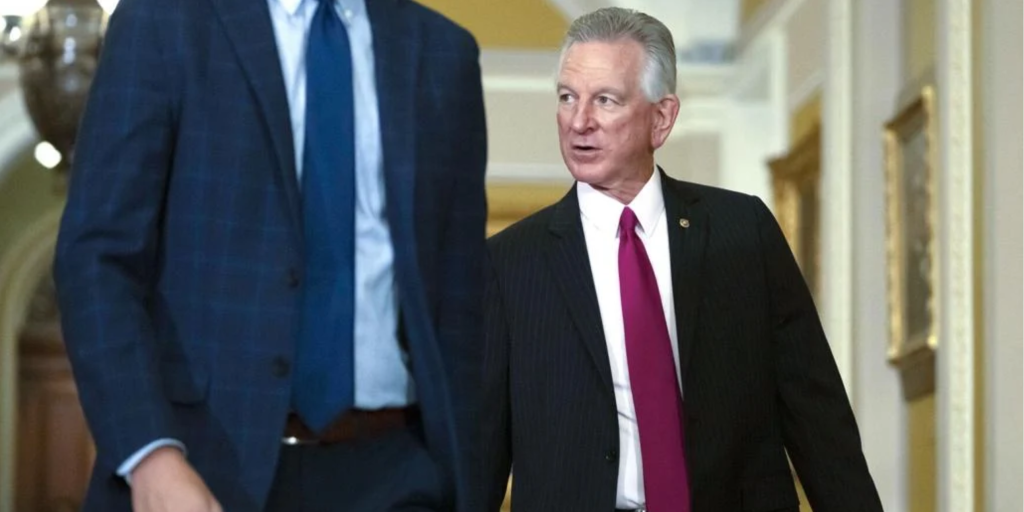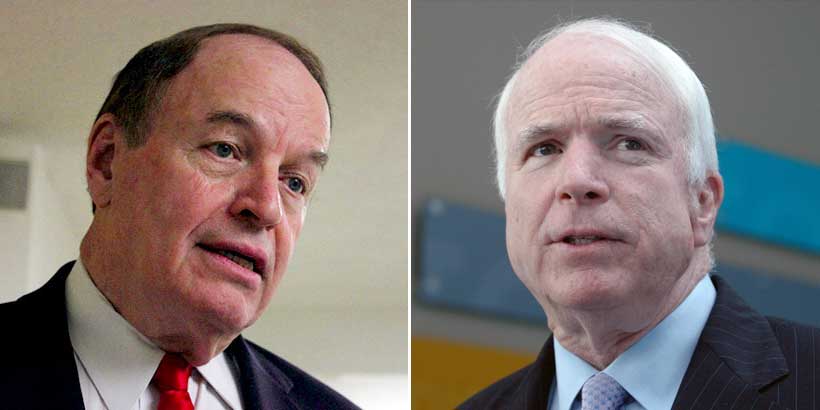
WASHINGTON, D.C. — The United States Senate on Tuesday approved an amendment to the Fiscal Year 2017 National Defense Authorization Act (NDAA) regarding the use of Russian-made RD-180 rocket engines for critical national security launches.
For over a decade now, the U.S. military has relied on RD-180s to launch its satellites into space. Last year, however, Congress moved to ban the military from using such engines as punishment for Russian President Vladimir Putin’s military incursion into Ukraine.
Last year’s NDAA, which precipitously banned the Russian rocket engines, said that Congress views both Russia and China as “a serious growing foreign threat” to U.S. national security space systems, and called on the Pentagon to develop “a next-generation” American rocket engine by 2019.
However, while there is near unanimity on the prudence of ending the United States’ reliance on Russian technology for its various space programs, U.S. military leaders warn that an immediate ban would create a years-long window in which the U.S. would not be fully equipped to launch some of the country’s most important defense assets into space.
On top of that, United Launch Alliance (ULA), an Alabama-based joint venture between aerospace giants Lockheed-Martin and Boeing, currently uses the Russian rockets to accomplish its work for the U.S. Air Force. ULA is developing its own satellite launch rocket system, but it is several years away from completion.
The company, which employs roughly 800 Alabamians at its state-of-the-art 1.6-million-square-foot facility in Decatur, has been one of the U.S. government’s most reliable partners since its founding in 2006, but the Russian rocket engine ban would have been a difficult blow for the company to withstand in the short term, placing hundreds of jobs in jeopardy.
Meanwhile, the ban would be a victory for Space X, the company founded by billionaire tech entrepreneur Elon Musk. Space X is developing its own rockets in California. The company has received significant press coverage for being a “private” space alternative to NASA, but in reality the company receives the overwhelming majority of its funding — billions of dollars — from the United States government. The L.A. Times called the arrangement “a public-private financing model underpinning long-shot start-ups.”
“Musk and his companies’ investors enjoy most of the financial upside of the government support, while taxpayers shoulder the cost,” explained the Times’ Jerry Hirsch. In total, his three companies — Space X, SolarCity and Tesla — have received more than $6 billion in subsidies during the Obama administration.
Musk’s lobbyists have also advocated terminating NASA’s Space Launch System (SLS) rocket which is being developed at Marshall Space Flight Center by thousands of Alabama employees.
Sen. John McCain (R-Arizona) has been one of Space X’s most vocal backers and is a personal friend of Musk, who supported the moderate senator’s comprehensive immigration reform efforts. At Musk’s behest, McCain has been the most prominent advocate of banning the Russian rockets, which would give his ally a competitive advantage. As the chairman of the Senate Armed Services Committee, McCain typically wields significant influence over what makes it into the annual NDAA.
Alabama Senator Richard Shelby (R-Ala), however, foiled McCain’s plan by championing an amendment to this year’s NDAA that will give U.S. rocket engine developers the time to develop an American alternative to replace the Russian RD-180.
“The inclusion of this amendment in the NDAA is a significant victory for national security and reflects what Congress has heard time and again from every senior official currently serving in the Air Force, Pentagon, and Intelligence Community,” said Shelby. “The NDAA now safeguards the U.S. Air Force’s authority to maintain competition for the most vital national security and intelligence launches. Not only is this authority critical to ensuring America’s assured access to space, but it is also positive news for American taxpayers.
“The assets we send into space on rockets powered by the RD-180 are essential to our military’s ability to understand what is happening around the world. While we can all agree that the U.S. should not be dependent upon any foreign power – especially in the national security arena – it would have been far too dangerous to hastily restrict the use of the RD-180 before an American-made rocket engine is developed. I will continue to advocate for common-sense policies that protect our men and women in uniform and ensure healthy competition for taxpayers.”
This is at least the second time Shelby has blocked McCain’s desired outcome with regard to the Russian Rockets.
“Why would I give a damn what he says?” The angry Arizona senator exclaimed earlier this year when asked about Shelby’s position.
McCain may not “give a damn,” but his colleagues apparently do, because they continue to support Shelby’s position.




